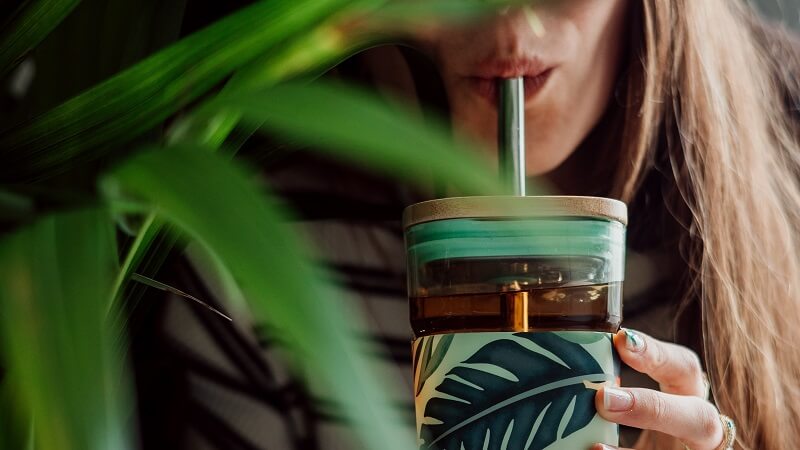How long does it take to pee after Drinking Water

Water is an essential component of our daily lives, playing a crucial role in maintaining bodily functions and overall health. One of the inevitable consequences of staying hydrated is the need to relieve oneself – a process commonly known as urination. But have you ever wondered how long it takes for your body to transform that refreshing glass of water into a trip to the restroom? Let’s delve into the intricacies of How long does it take to pee after Drinking Water.
The Basics of Hydration:
Before we explore the timing of urination, it’s essential to comprehend how the body processes water. As soon as you take a sip, the water embarks on a journey through the digestive system, starting in the mouth and traveling down the esophagus to the stomach. Once in the stomach, water is absorbed into the bloodstream through a process called osmosis, which allows it to reach various organs and tissues throughout the body.
The Kidneys’ Role:
The kidneys play a central role in maintaining the body’s water balance. These bean-shaped organs filter blood to remove waste and excess fluid, ultimately producing urine. The water absorbed into the bloodstream circulates through the body, reaching the kidneys, where the excess is filtered out.
Water absorption and urine production are regulated by a hormone called antidiuretic hormone (ADH). When the body senses low water levels, ADH is released, instructing the kidneys to conserve water by producing concentrated urine. Conversely, when there’s an abundance of water, ADH levels drop, resulting in the production of dilute urine.
Speed of Water Processing:
The rate at which the body processes water varies from person to person and depends on several factors. One critical factor is hydration status – individuals who are consistently well-hydrated may process water more efficiently than those who are dehydrated.
The speed of water processing is also influenced by factors such as age, sex, weight, and overall health. Younger individuals and those with a higher metabolic rate may generally process water more quickly than older individuals or those with slower metabolism.
On average, it takes about 20-30 minutes for the body to begin processing water after consumption. During this time, the water is absorbed into the bloodstream and transported to the kidneys for filtration.
Factors Affecting Urination Timing:
While the initial processing of water occurs relatively quickly, the timing of urination is influenced by various factors. These factors can impact the rate of urine production and the sensation of needing to pee.
- Bladder Capacity: The bladder is a muscular organ that expands to store urine. The timing of urination depends on how quickly the bladder fills up. On average, the bladder can hold about 400-600 milliliters of urine, but individual capacity varies.
- Fluid Intake: The more fluids you consume, the faster your bladder fills up, leading to a more frequent urge to urinate. Conversely, reduced fluid intake may delay the need to pee.
- Individual Variations: Each person’s body is unique, and individual variations in metabolism, kidney function, and bladder capacity contribute to differences in urination timing.
- Hydration Level: Dehydration can slow down the body’s processing of water, affecting the frequency and urgency of urination. On the other hand, adequate hydration promotes efficient water processing.
Tips for Optimal Hydration:
Understanding the dynamics of water processing and urination can help you make informed choices about your hydration habits. Here are some tips for maintaining optimal hydration:
- Stay Consistently Hydrated: Aim to drink water consistently throughout the day rather than consuming large amounts at once. This helps the body maintain a steady hydration level.
- Listen to Your Body: Pay attention to your body’s signals. Thirst is a natural indicator that your body needs water. Respond to this signal promptly to prevent dehydration.
- Consider Individual Factors: Recognize that factors such as age, weight, and overall health can influence how your body processes water. Adjust your fluid intake based on your individual needs.
- Monitor Urine Color: The color of your urine can provide insights into your hydration status. Clear or light yellow urine usually indicates adequate hydration, while dark yellow or amber urine may suggest dehydration.
Conclusion:
The journey from sipping water to the moment you feel the need to pee involves a complex interplay of bodily processes. While the initial processing of water takes around 20-30 minutes, the timing of urination is influenced by factors like bladder capacity, fluid intake, and individual variations. Understanding these dynamics can empower you to make informed decisions about your hydration habits, ensuring that your body receives the water it needs for optimal functioning. So, the next time you take a refreshing gulp of water, know that your body is diligently working to maintain a delicate balance – a balance essential for your overall well-being.






